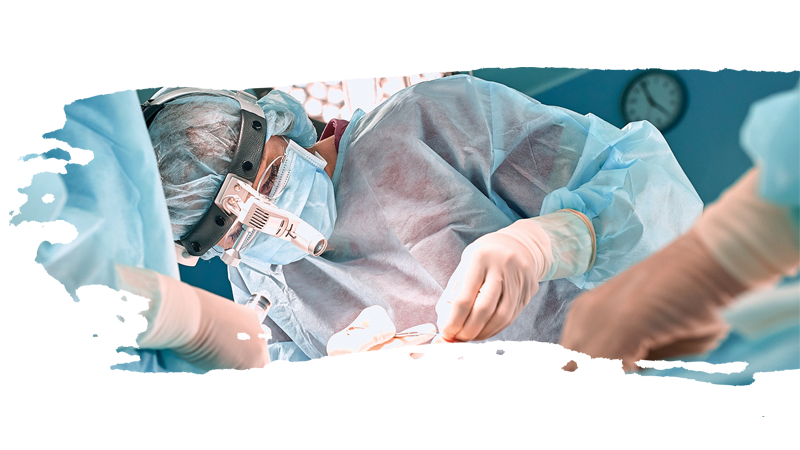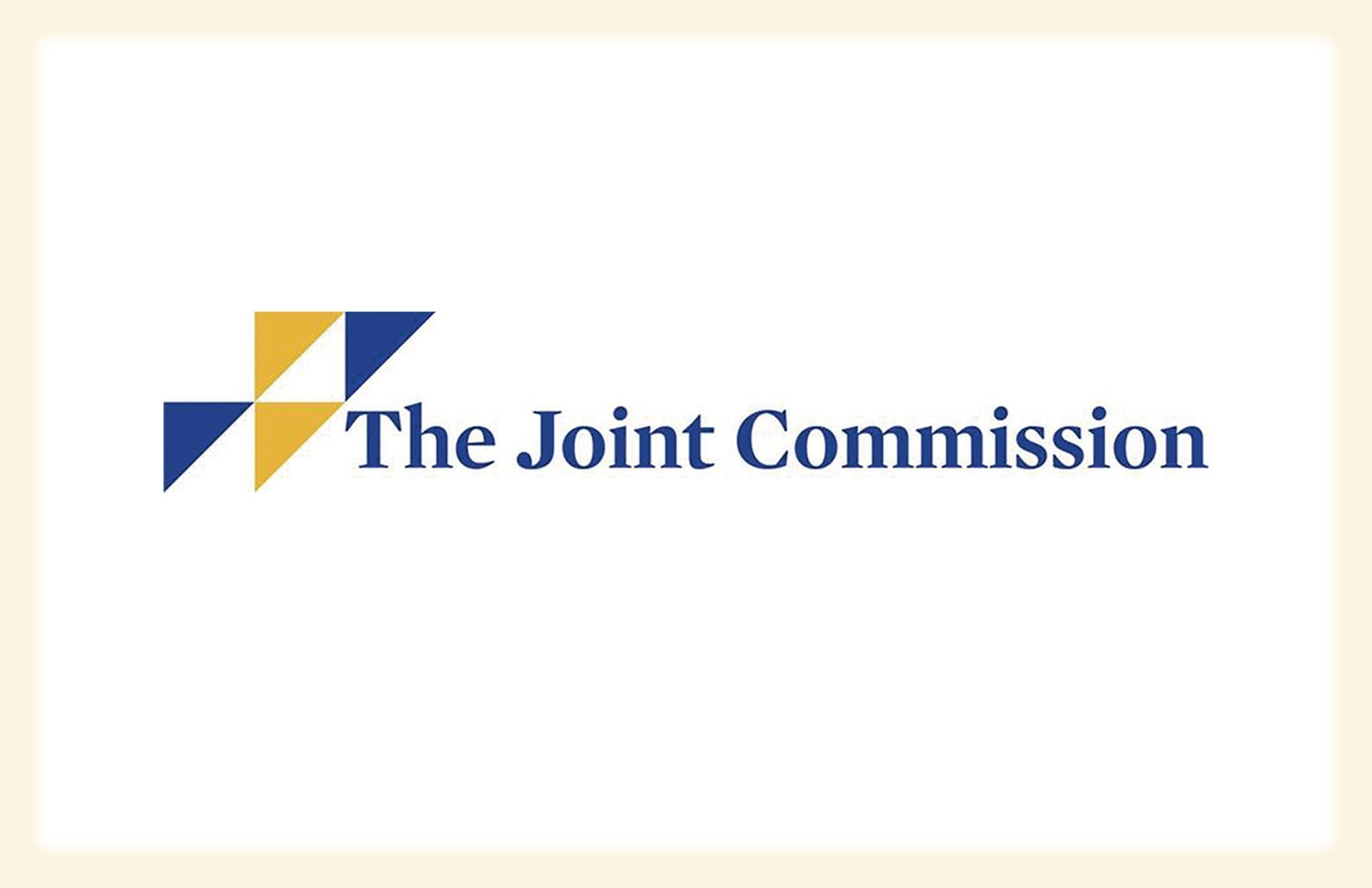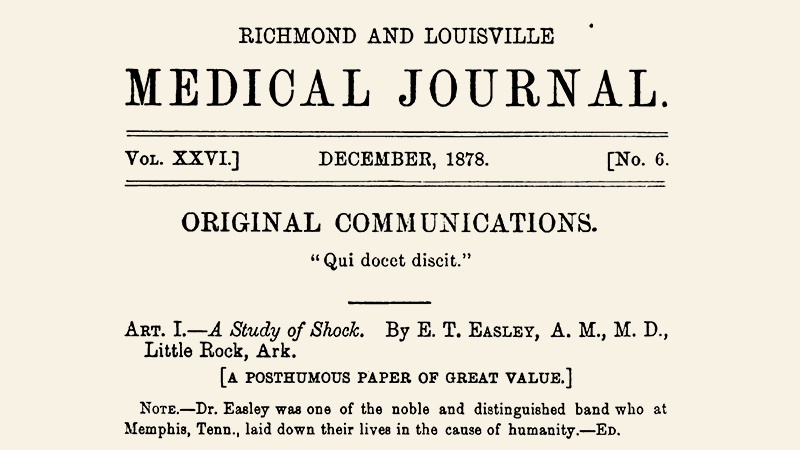The Board of Directors of the American College of Surgeons Professional Association (ACSPA) and the ACS Board of Regents (B/R) met June 10–11, 2022, at the College’s headquarters in Chicago, IL. The following is a summary of key activities discussed. The information provided was current as of the date of the meeting.
ACSPA
As of May 20, during the 2022 election cycle (January 1, 2021–December 31, 2022), the ACSPA Political Action Committee (ACSPA-SurgeonsPAC) had raised more than $480,000 from more than 770 College members and staff and disbursed $429,000 to more than 105 congressional candidates, political campaigns, and other PACs. SurgeonsPAC continues to prioritize a balanced, nonpartisan disbursement strategy, including support for Democrats and Republicans. Distribution of funds is focused on health professionals, key congressional leaders, and members who serve on important US House and Senate committees with jurisdiction over various healthcare policies and procedures, including ACS-supported legislative priorities.
ACS
The Board of Regents accepted resignations from 11 Fellows and changed the status from Active or Senior to Retired for 149 Fellows. The Regents also approved the formation of the Bahrain Chapter.
Division of Education
A strategic analysis of the Division of Education programs was conducted to review the status of activities, including an overview of the structure and staff, programs, attendance, and measurements of success, and identify strategies to increase users of ACS education programs and document the programs’ value proposition.
Reviewed initiatives included:
- Programs aimed primarily at practicing surgeons and surgery faculty
- Programs aimed primarily at medical students, surgery residents, surgical teams, and patients and caregivers
- Accreditation, verification, validation, and recognition programs
- Research, scholarship, innovation, and mentoring programs
Workgroup recommendations presented and discussed included:
- Exploring the expansion of the iconic programs, nationally and internationally
- Leveraging technology in the development and delivery of educational programs
- Segmenting and surveying potential users of educational programs
- Establishing new databases, mining existing databases, and establishing new collaboration opportunities
- Increasing focus on multispecialty education, interdisciplinary education, and teamwork
- Documenting the value proposition of current and new educational programs
- Appointing a Regental Advisory Committee for the Division of Education
Division of Information Technology
The Division of Information Technology (IT) continues to support improvements for the membership’s experience via better applications and the management, analysis, and security associated with these applications.
In collaboration with the Division of Integrated Communications (IC), IT worked with external vendors and internal stakeholders to launch a new ACS website, ensuring information can be quickly found in an intuitive, contemporary design. IT ensured the website is seamlessly and securely integrated with the College’s membership data and third-party vendors to advance usability. A new e-commerce solution will be launching to provide a smooth and predictive commerce experience. The e-commerce solution will allow members and guests to maintain credit cards securely on file to purchase products, conduct registration, and obtain online learning without the need to reentering card information.
IT continues to work with the Division of Education to meet the technological challenges of a hybrid model for Clinical Congress 2022.
Division of Research and Optimal Patient Care
The Division of Research and Optimal Patient Care (DROPC) encompasses the areas of Continuous Quality Improvement (CQI), including ACS research and the accreditation programs.
Quality and Safety Conference
The 2022 Quality and Safety Conference (QSC) was held July 15–18 in Chicago. Highlights included sessions on Improving Surgical Outcomes for Older Adults, Leadership Pearls, Quality Care Is Equitable Care, and Why Is Standardization So Difficult? 100-year anniversary celebrations also continued for the ACS Committee on Trauma and ACS Commission on Cancer.
ACS Quality Improvement Course: The Basics
The ACS Quality Improvement Course: The Basics, launched in November 2021 and is intended for surgeons and other quality improvement (QI) staff interested in improving quality at their hospitals. The self-paced online course consists of six modules and an exam. Each module includes text, videos, interactive e-learning components, knowledge check questions, and workbook activities. After completing the course, participants should understand the basic principles of surgical quality and safety. Currently, more than 75 people have successfully passed the course. A single-day workshop highlighting the course content was held each day at the 2022 QSC.
Optimal Resources for Surgical Quality and Safety
In 2017, the College released the Optimal Resources for Surgical Quality and Safety manual, also called the “Red Book.” More than 10,000 manuals have been distributed since its release. The manual served as source material to develop new standards and an adjunctive verification program, the ACS Quality Verification Program (ACS QVP). The ACS QVP formally launched in July 2021, and multiple participation options are now available to interested hospitals, with additional participation options for hospital systems and ACS National Surgical Quality Improvement Program (ACS NSQIP®) participants available in the future. The ACS QVP offers a proven, standardized method for establishing, measuring, and improving a hospital’s quality infrastructure across all surgical departments. The College announced the first 25 QVP hospitals that have met the standards at the 2022 QSC.
ACS NSQIP
A total of 860 hospitals participate in the College’s ACS NSQIP— 707 in the adult option. The pediatric option represents 18% of overall participation. At present, 155 hospitals outside of the US participate in ACS NSQIP.
MBSAQIP
In April, the Metabolic and Bariatric Surgery Accreditation and Quality Improvement Program (MBSAQIP) released a revised version of the MBSAQIP Standards, Optimal Resources for Metabolic and Bariatric Surgery 2019. The revisions provided clarification regarding adolescent surgery guidelines for metabolic and bariatric surgery within the context of a MBSAQIP-Accredited Center, clarification around metabolic and bariatric surgery credentialing guidelines, and the requirements for adverse event review in the event of patient mortality within 90 days of surgery.
Children’s Surgery Verification Program
The Children’s Surgery Verification (CSV) Quality Improvement Program launched in 2017 with the goal of ensuring that pediatric surgery patients have access to quality care. A total of 153 centers participate in CSV. Approximately 35 of these centers are in various stages of verification; 45 of the active sites are fully verified as Level I children’s surgery centers. All 153 centers participate in ACS NSQIP Pediatric.
Geriatric Surgery Verification Program
The Geriatric Surgery Verification (GSV) Quality Improvement Program launched in 2019 to ensure that older surgical patients have access to high-quality care. At present, 52 hospitals have applied for one of the three levels of participation: Level 1 verification—Comprehensive Excellence; Level 2 verification—Focused Excellence; and Commitment Level. Hospitals seeking Level 1 or Level 2 verification must demonstrate all 30 GSV Program standards are in place through a comprehensive site visit. These visits confirm hospitals comply with the required structure, processes, and standards of care as outlined by the program. To date, three hospitals have successfully completed virtual site visits and achieved Level 1 verification—Comprehensive Excellence.
ISCR Program
The Agency for Healthcare Research and Quality (AHRQ) Improving Surgical Care and Recovery (ISCR) Program, a collaborative effort between the ACS and The Johns Hopkins Armstrong Institute for Patient Safety and Quality in Baltimore, MD, continues to attract hospitals interested in implementing enhanced recovery practices. Hospitals participating in ISCR receive a ready-to-use pathway, access to education materials on implementing the pathway, access to experts in performance improvement and education to help with troubleshooting, and inclusion in a community of professionals rolling out the same pathway. Approximately 60% of enrolled hospitals participate in ACS NSQIP. More than 350 hospitals have participated in the program. Enrollment in ISCR is now closed to new sites, but the program will continue until December 2022.
Strong for Surgery
Strong for Surgery (S4S), a joint program of the ACS and the University of Washington in Seattle, is a quality initiative aimed at identifying and evaluating evidence-based practices to optimize the health of patients before surgery. The program empowers hospitals and clinics to integrate checklists into the preoperative phase of clinical practice for elective operations. Since its release in 2017, S4S has more than 700 participating sites. The goal is to move the patient-facing version to an online platform for patients to complete before meeting with their surgeon.
SSR
The Surgeon Specific Registry (SSR™) allows surgeons to track their cases, measure outcomes, and comply with changing regulatory requirements. The SSR can be used to meet the requirements of the Centers for Medicare & Medicaid’s Quality Payment Program Merit-based Incentive Payment System, as well as the American Board of Surgery’s Continuous Certification Program requirements. The SSR has an active user base of approximately 7,250 surgeons, and more than 12.6 million case records have been entered in the SSR system since its release in 2017. The SSR is now offering the “SSR Practice Improvement Initiative (SSR PII) 2022—Quality Case Data Review and Reflection 2022” to allow surgeons to perform quality data assessment and CME. The first 2022 PII cycle had 147 surgeon participants, and the next cycle will run between July through December.
ACS COVID-19 Registry
The ACS COVID-19 Registry launched in April 2020 to respond to the requests of ACS NSQIP-participating sites to track COVID-19 patients. The ACS COVID-19 Registry is free for any hospital and was created in Research Electronic Data Capture (REDCap). Hospitals participating in the ACS COVID-19 Registry enter data variables covering demographics, severity predictors, admission information, hospitalization information, therapies used, and discharge information. Participating hospitals capture data on all patients ages 18 and older and are tracked from hospital admission through discharge. Approximately 70 hospitals participate and have submitted more than 20,000 cases. Participating sites can download their data at any time to look for trends or areas for quality improvement.
Trauma Programs
The Committee on Trauma’s (COT) Diversity, Equity, and Inclusion (DEI) Workgroup is collaborating with several societies on efforts to ensure broad representation in nominees for opportunities such as membership in the COT and participation in the Future Trauma Leaders Program. The COT also is partnering with other trauma organizations to address DEI issues such as improving pathways to a career in trauma surgery.
The 2021 National Field Triage Guideline is now available. The Spring 2022 TQIP (Trauma Quality Improvement Program) Benchmark Reports were released earlier this year for Adult, Pediatric, Level III, and Collaborative product lines. The TQIP Mortality Reporting System has four case studies and is expected to be published soon. Trauma Quality Program Best Practice Guidelines in the areas of Mental Health and Substance Abuse, and Geriatrics are in development.
A new brochure, Gun Safety and Your Health: A Proactive Guide to Protect You and Those Around You, offers tips for patients and the public on how to keep families and communities safe from firearm injuries and death. Healthcare providers are encouraged to share the brochure and engage in discussions around firearm injury prevention and safety.
The MyATLS App redesign project is under way and expected to be completed in early 2023. The ATLS 11th Edition Revision project launched in July 2022. Anticipated changes include the organization of the Core Content of the Student Manual, a redesign of the mATLS online modules, and a re-examination of business and distribution plans to manage scalability and sustainability for the future.
Shelbie Kirkendoll, MD, has been selected as the 2022–2024 ACS COT Firearm Injury Prevention Clinical Scholar.
The 2022 TQIP Annual Conference, December 11–13 in Phoenix, AZ, will bring together trauma medical directors, program managers, coordinators, principal investigator clinicians, and registrars from participating and prospective TQIP hospitals and provide attendees the opportunity to network with key leaders from trauma centers around the country. Stephen Trzeciak, MD, MPH, an intensivist, clinical researcher, and author of the books Compassionomics and Wonder Drug: 7 Scientifically Proven Ways that Serving Others Is the Best Medicine for Yourself, will serve as the keynote speaker.
The STOP THE BLEED® (STB) program continues to focus on empowering, educating, and informing individuals in bleeding control techniques. The STB program provides training, both virtually and in-person, on the importance of learning the lifesaving skills to deploy in a bleeding emergency. The STB program continues to promulgate the initiative globally, creating awareness throughout communities worldwide. The STB program has trained 1.9 million individuals with 100,000 global instructors. A robust social media campaign to raise awareness was held in May to promote National Stop the Bleed Month. In April, the instructor categories for the STB program were expanded to include non-healthcare professionals. The STB program will hold in-person courses at Clinical Congress 2022.
Office of Diversity, Equity, and Inclusion
The Office of DEI continues to develop its infrastructure and strategic framework. Major activities, include working with the 10 research teams who received the ACS Regental Innovative Grant for Diversity, Equity, Inclusion and Anti-Racism to ensure alignment of the research project with ACS strategic priorities, provide resources for a midyear status report from each research team, and include the grant recipients in other relevant ACS DEI initiatives.
The ACS DEI Educational and Alignment (E&A) Collaborative was launched in May to offer educational workshops for members and staff who are vested in developing and distributing DEI efforts. The E&A Collaborative provides a continuum of learning opportunities on the fundamentals of DEI presented by subject matter experts. The E&A Collaborative will serve as a DEI think tank by engaging participants in interactive workshops, understanding the core tenets of DEI, and connecting the DEI work to ACS organizational values and objectives.
ACS Foundation
The ACS Foundation remains focused on securing and growing financial support for the College’s charitable, educational, and patient-focused initiatives. Through May 24, the Foundation had raised $1,992,733 in donations and grant support. Individual donations totaling $894,762 were secured, a 6-year high, $287,223 supporting Greatest Needs with those monies being directed toward scholarships.
Programs, projects, and initiatives received $1,705,510. Corporate support reached $236,187, focusing on support of educational surgical programs at Clinical Congress 2022.
Operation Giving Back, STB training in rural communities, international scholarship travel awards, and fellowship research awards, as well as the ACS Greatest Needs Fund continue to be supported by generous philanthropic gifts from Fellows.
The FTL100 Campaign, launched to celebrate the centennial of the COT and to provide long-term support for the FTL Program, concluded and surpassed its donation goal of $1,000,000, with a total of more than $1,265,000. The funds will be used to provide leadership training and mentoring opportunities to young trauma surgeons.











